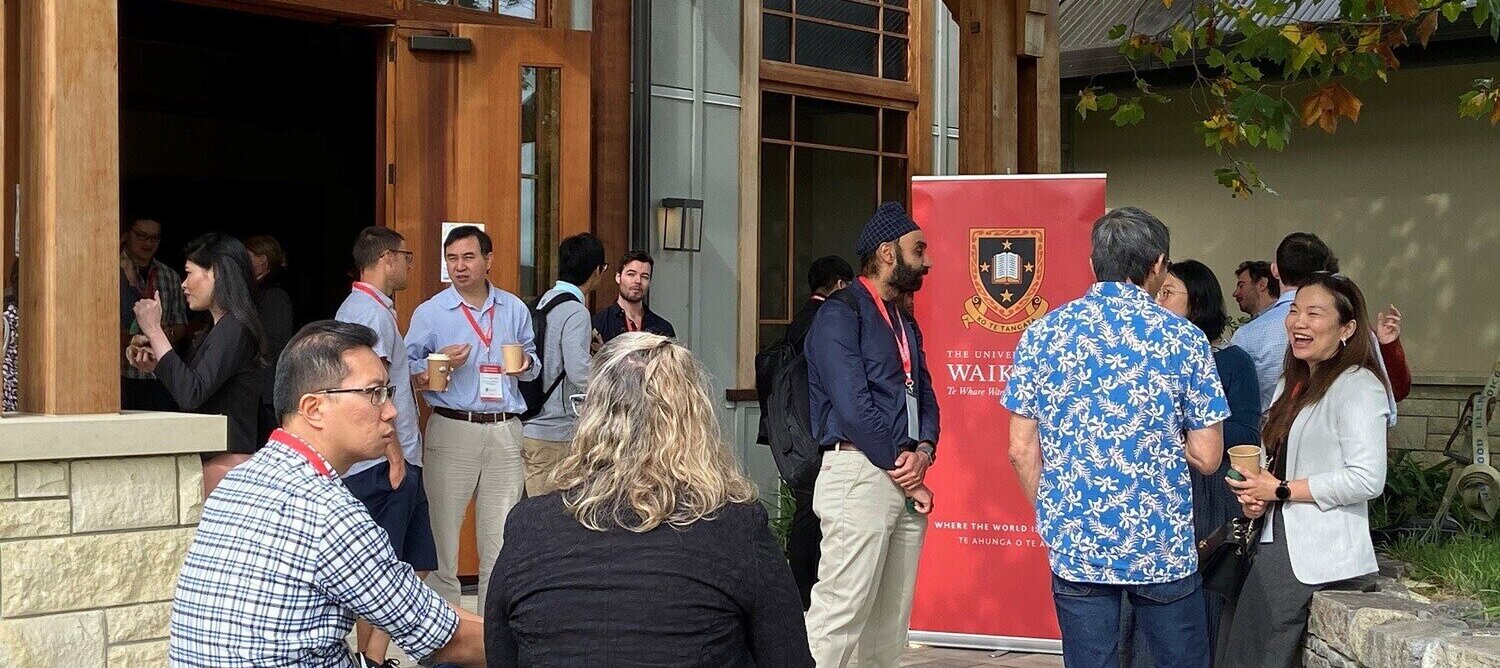30+ research summaries and insights
Click on a link below to view the presentation.
Session One
A revolutionary AI approach, using robots, to unravel the mystery of the mind
Protocol and sensor software development for fracture healing
Deep learning: from fine-grained recognition to climate prediction
Relative Valuation with Machine Learning
Predicting the Cross-section of Long-run Expected Stock Returns with Machine Learning
AI reveals the role of temperature control in the kiwifruit cool chain
Structure from Randomness in Halfspace Learning with the Zero-One Loss-PAC Learning Guarantees when n < p.
Opportunities for AI in evolutionary and systems biology
3D Lidar Deep Learning for Road - Finding Needle in a Haystack
Session Two
Adaptive Problem Solving
Can conventional CNN structure & training methods learn actual neural visual processing seen in real biological systems?
On the Transition from Time Series Feature Engineering to the Engineering of Time Series
Adaptive Machine Learning for Data Streams
AI for Automated Planning and Scheduling
Session Three
Code-switching detection in Te Reo Māori and New Zealand English for speech technology development
A Decade of Classifier Chains for Multi-Label Classification
Adaptive Problem Solving
Concept Drift Detection: Current Challenges
AI for Behaviour-based Analysis in Cybersecurity
Learn More about Your Data: Symbolic Regression and Modelling with Statistical Learning
Multiple-view representation for text and its application in fake news detection
Structural Entropy and Its Applications
Explainable Unsupervised Learning Through Evolutionary Computation
AI techniques for fault monitoring, system model identification and controls
Some current medical AI projects at Waikato
Towards Engineering Trustable Autonomous Systems
Dating Historical Images from the Hamilton City Libraries
Using word embeddings to capture changes in text over time
Learning to Combine Natural Language Understanding and Reasoning for Broader AI
Machine learning for streaming data: state of the art, challenges, and opportunities
Evolutionary Computation: Nature Inspired Artificial Intelligence Approaches
Using Rough Sets to Improve Activity Recognition Based on Sensor Data
What we don't talk about when we talk about AI ethics
Partners
2021 Platinum Sponsor

2021 Silver Sponsors




